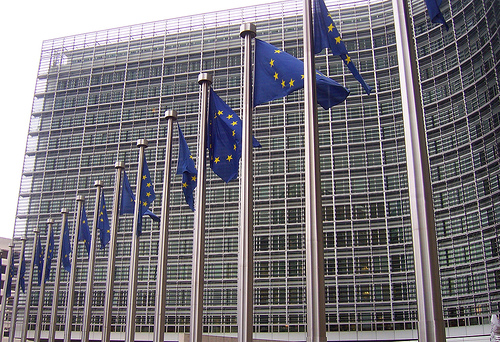A large group of major multinational companies has urged European member states to support a renewable energy target of at least 35% by 2030.
More than 50 multinationals, including the likes of Google, Facebook, Amazon and Microsoft, have addressed European energy ministers in an open letter published yesterday, urging them to set the targets at the forthcoming EU Energy Council meeting.
Pointing towards the post-2020 Renewable Energy Directive (RED), the letter urges ministers to set a more ambitious target to send the kind of long-term investment signals that could potentially “unlock” corporate renewable power purchase agreements, which the group of companies says remains “largely untapped”.
Crucially the letter expresses the need for the RED to ensure all member states lift any regulatory barriers that could inhibit the adoption of corporate PPAs. It makes specific mention of the potential stripping of Guarantees of Origin, used to authenticate precisely where units of power originate from.
It has been mooted that generators of renewable electricity could be stripped of their guarantees within principles of central auctioning – a major piece of EU procurement law – which the companies said stood to “significantly undermine” the underlying business model of PPAs.
“Corporate Renewable PPAs can play a decisive role in delivering Europe’s Climate and Energy objective. We urge you to ensure that the Renewable Energy Directive empowers our organisations to continue developing the business models that will drive the energy transition to the next level,” the letter concludes.
The letter was the work of the RE-Source Platform, a collaboration of trade bodies such as the RE100, Climate Disclosure Project and SolarPower Europe, launched to enable greater sourcing of renewable energy by European corporates.
The current versions of the 2020 RED and post-2020 RED stipulate that member states must source 20% and 27% of their energy needs by 2020 and 2030 respectively, however there has been increased pressure to set more ambitious goals – ones that align more closely with the outcomes of the Paris Agreement.
A 35% target has been discussed before, most recently by MEPS within the Industry, Research and Energy Committee last month, with some movement expected before a plenary vote on the RED early next year.





